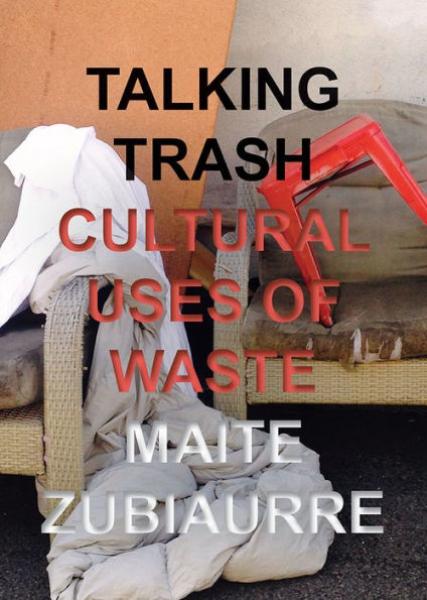Description
The chapters of Talking Trash reflect upon the anthropomorphic nature of urban refuse; upon the poetics and semantics of micro-litterscapes and the archives of all things discarded; upon Dumpsterology, or the history of the garbage container as a gendered artifact dense with cultural meaning; and upon dirty innocence, or the complex and contradictory link that ties childhood to muck.
The author also focuses on one significant non-urban scene, the desert landscape and the clothing and other items that immigrants discard as they make a desperate trek across the border.
Provocative writing about the stunning variety of contemporary litter, its meanings, and its artistic possibilities, profusely illustrated with 163 color images
Maite Zubiaurre, Professor of Spanish and German Letters at the University of California, Los Angeles, is the author of Cultures of the Erotic in Spain, 1898-1939, also published by Vanderbilt.
Talking Trash introduces readers to a number of fascinating contemporary artists who are generally not well known, and uses the artistic artifacts as a way to discuss major issues concerning contemporary society--depletion of resources, capitalist obsolescence and accumulation, obscenity, the homeless, and undocumented migrants. It also offers an important discussion of the relation between the aesthetic and the ethical in its discussion of the ways in which 'found art' recycles trash, sometimes to make an important ethical point, but sometimes in ways that are questionable. In both cases, the function of this 'trash art' is, as the author stresses, to make us feel uncomfortable.
--Jo Labanyi, Professor of Spanish Literature and Culture, NYU
What does trash mean in our contemporary culture, and how does it change both its ultimate signification and our very perception of the world? Is trash exiled from our clean, everyday life and environment--as we hope to believe--or is it ubiquitous, always invading our space, only masqueraded, undercover? Even more important, what do we really mean by 'trash, ' and to what extent should we change its significance in a contemporary cultural environment? Is 'trash' more than simply debris? How does it relate to class and gender--in other words, to power dynamics? How much does it say about us?
These are some of the questions this daring, provocative book by Maite Zubiaurre poses to the reader, forcing him/her into revisiting his/her own notion of 'trash.' Trash turns into a creative, critical ?eld for a number of living artists Zubiaurre discusses--some of them less than well known even to the informed reader. If it is true that since the last global economic crisis we have entered a new era that faces material culture in unprecedented ways, Talking Trash could be a key, necessary critical re?ection on innovative alternative approaches to excess and waste.
--Estrella de Diego, Universidad Complutense de Madrid, author of Cristina Iglesias Thomas Struth: Constructions of the Imagination and Joaquín Torres-García: The Arcadian Modern
Product Details
- Vanderbilt University Pre Brand
- Aug 15, 2019 Pub Date:
- 0826522289 ISBN-10:
- 9780826522283 ISBN-13:
- 246 Pages
- 10.2 in * 8.3 in * 0.6 in Dimensions:
- 2 lb Weight:




